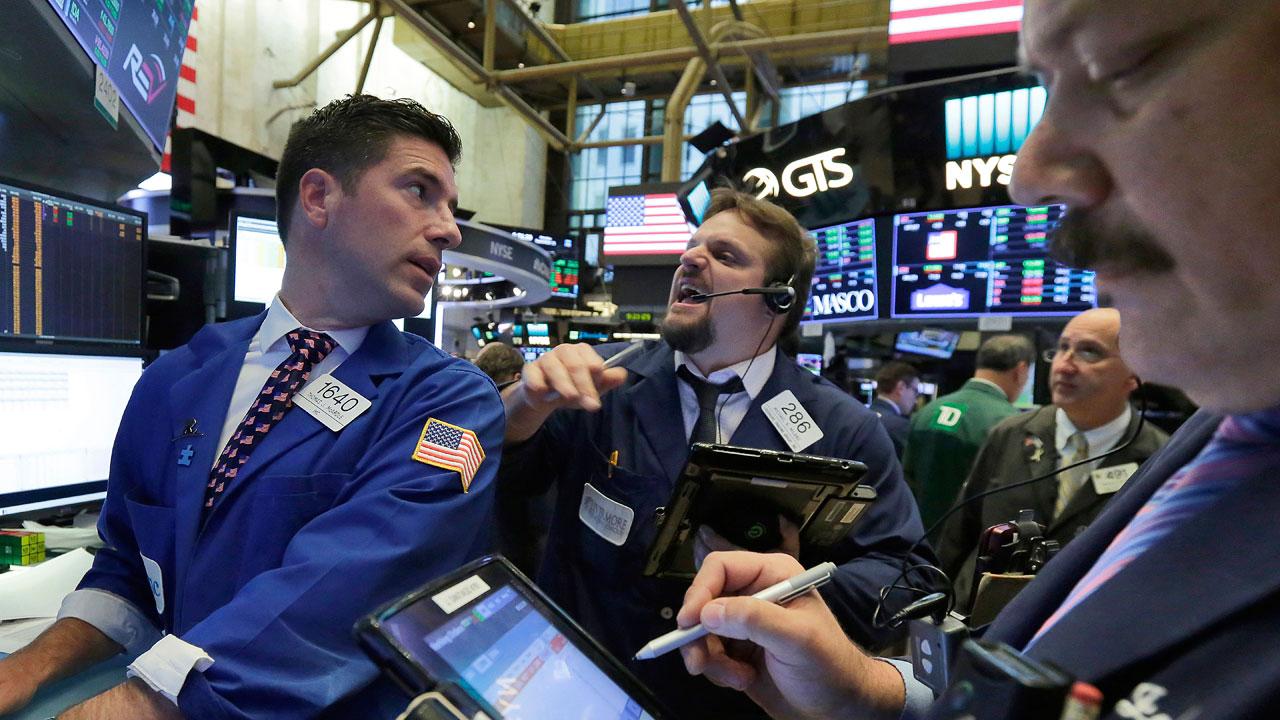GOP tax reform could give Wall Street banks a lift
Wall Street’s biggest banks stand to gain from the GOP’s tax reform proposal, according to a study released on Monday.
Goldman Sachs (NYSE:GS) forecasted that the bill’s provisions would be a net positive for large banks, providing them with an average 13% bump in earnings per-share (EPS) for the coming year. Among the factors driving the presumed increase is the proposed 14-percentage-point reduction in the corporate tax rate, to 21% from the current rate of 35%.
According to the analysis, Wells Fargo (NYSE:WFC) stands to be the single biggest beneficiary from changes to the corporate tax structure. If the rate is reduced to 21%, Wells Fargo could see a 2018 EPS increase of 18%, the highest out of all the major U.S. financial institutions. Wells Fargo remains at the center of multiple federal investigations, most notably after its employees were discovered to have created millions of fake bank and credit accounts for customers.
The study cited other factors that will impact earnings, including a potential 1% headwind, on average, attributable to the removal of the tax deductibility of FDIC fee expenses. Factoring in that downside, Goldman projected the overall advantage for Wells Fargo would land around 17%.
Meanwhile, PNC (NYSE:PNC) was looking at a net benefit equal to 15%, while Bank of America (NYSE:BAC) might expect 14%, one percentage point above the group-wide average. Citigroup (NYSE:C) was projected to enjoy the smallest benefit, at 8%. Goldman believes its EPS would increase 13% next year, consistent with the estimated average.
Then-candidate Donald Trump positioned himself a staunch critic of Wall Street on the campaign trail, saying he would impose higher taxes on financiers in order to give the middle class a break. As president, he even said he was considering breaking up the big banks.
While President Trump had initially called for a 15% corporate tax rate, he later softened that stance to 20%. Last week, he indicated he would be willing to support the 21% proposal, according to The Wall Street Journal.




















